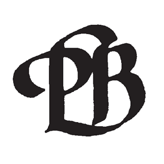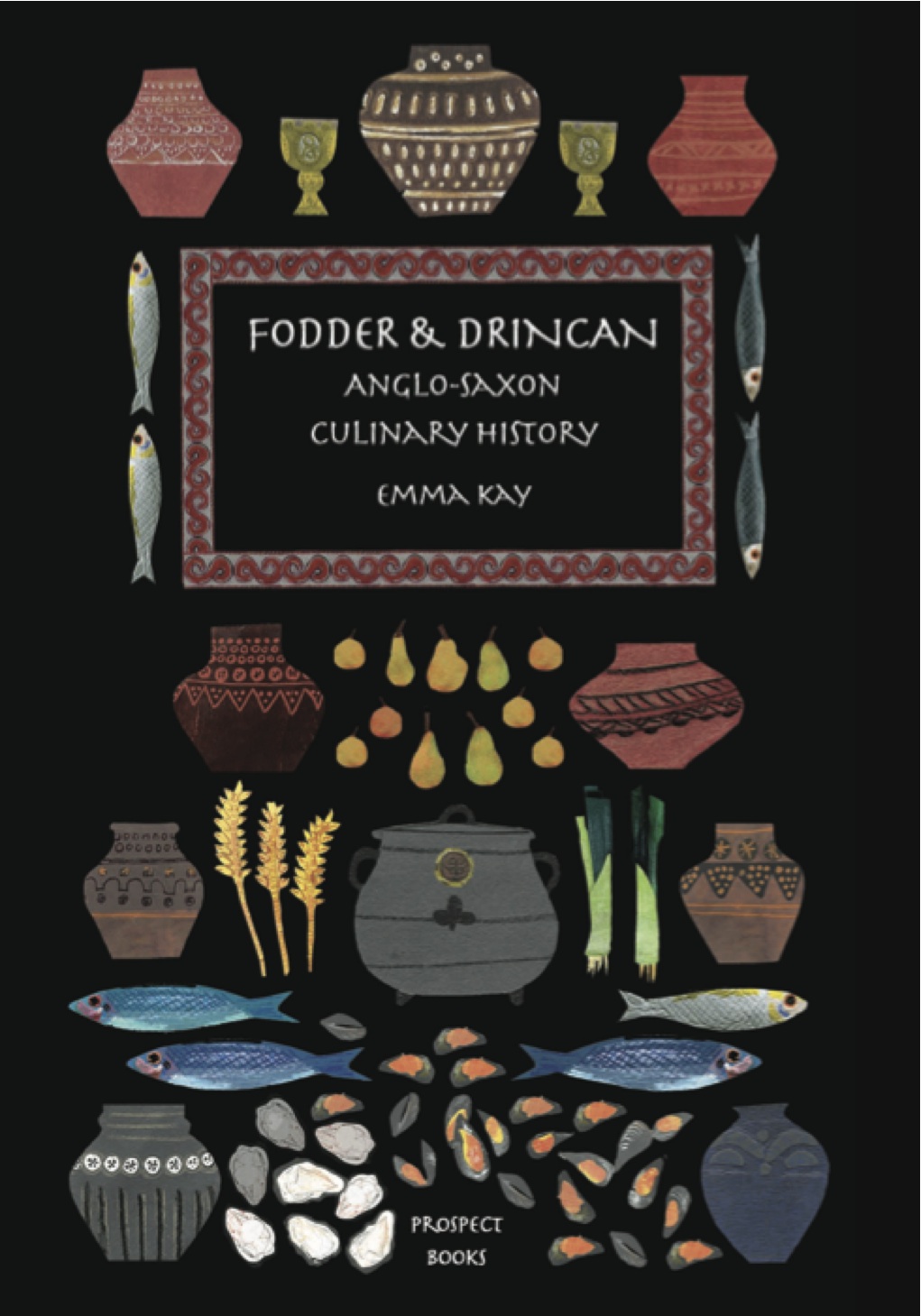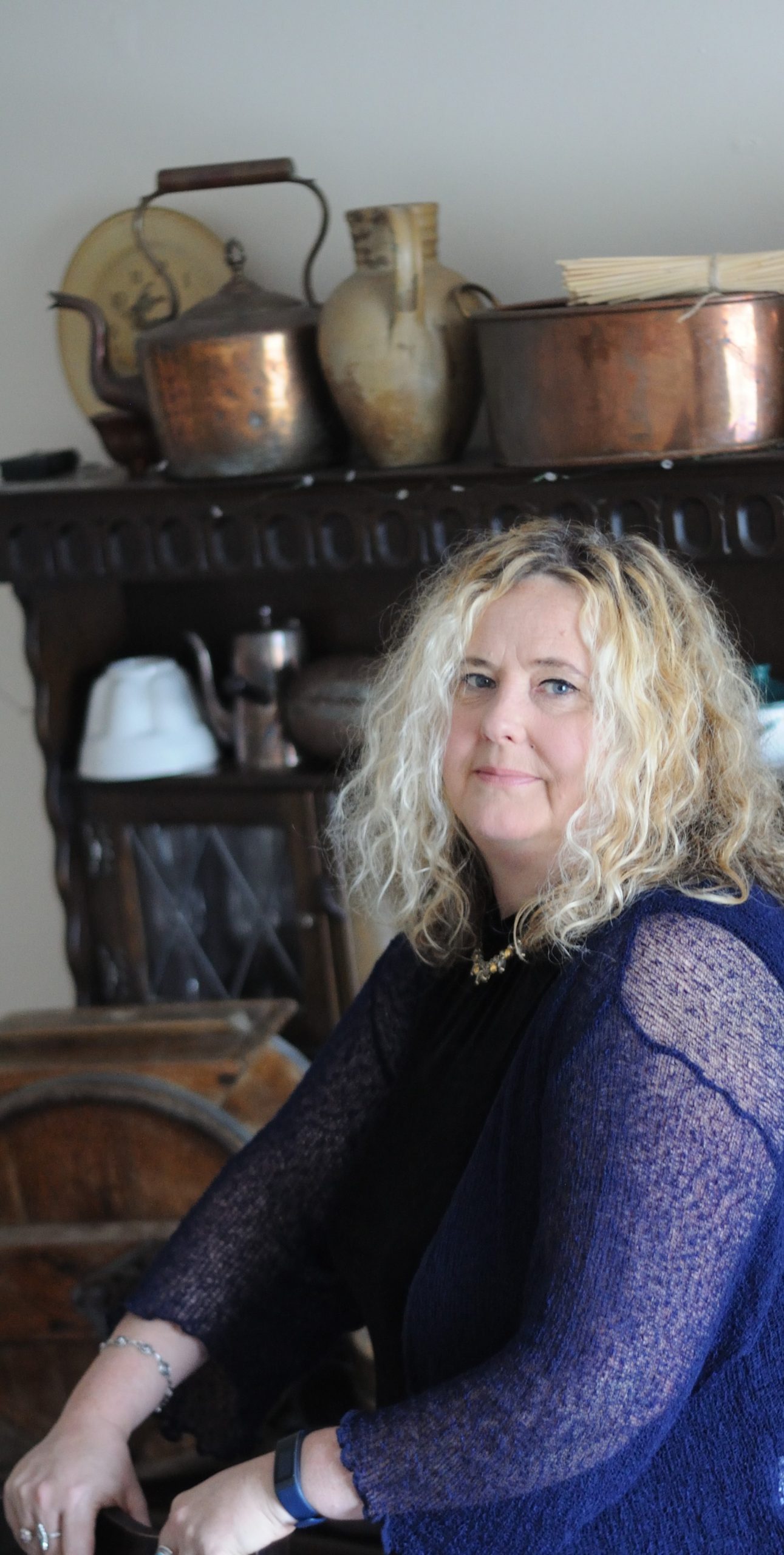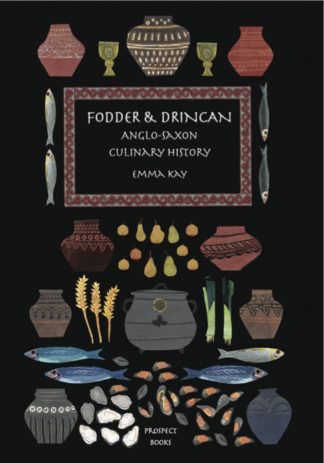Description
Emma Kay
Independent Scholar
A feisty, entertaining and historical account of Anglo-Saxon cooking and eating, covering several centuries, circa. 400 to 1066 CE. Emma Kay believes that the modern world has a huge amount to learn from ancient times. As we discover more fascinating pieces of information about our earliest ancestors, resulting from recent historical digs, we are increasingly interested in which species and plants nourished early human beings. Emma Kay’s book gives us evidence based information from historical artefacts and plants, showing us what our ancestors had at their disposal for survival. However, they were more likely to catch shell fish with their quick fingers, and use rudimentary traps to secure small birds and creatures. They also would have had grasses and early wheat to make simple bread. Her book discusses the nature of culinary transitions in terms of Roman and Scandinavian influences, as well as illuminating us with her knowledge of social and political Anglo Saxon communities.
An extract from the Introduction is here.
Contents
Fodder
Anglo-Saxon breakfasts – Bread and Onions
Salads and Sauces – Fennel, Radish, Tansy & Mint
Soups and Stews
Meat, Mussels, and all the Fish
Precious Eggs
Winter vegetables
Sweet endings – Medlars & Plums
Drincan
Mead & More
Reviews:
When I heard about Fodder & Drincan: Anglo-Saxon Culinary History by Emma Kay on Twitter, I clicked ‘add to cart’ faster than Alfred the Great could call up his fyrd. As a history buff and cook, I’m always on the lookout for books that explore the culinary customs of past eras. When it arrived, it did not disappoint – I absolutely devoured Fodder & Drincan.
Kay’s meticulous research is evident on every page, and while we can never truly know the exact recipes and flavors of the food consumed in Anglo-Saxon times, she does a fantastic job of bringing it to life. The best parts are the recipes she created, which are a fun and practical way to recreate a taste of the past in your own kitchen.
Overall, Fodder & Drincan is a must-read for those who enjoy feasting like it’s 853. Kay’s enthusiasm for the subject is infectious. I highly recommend this book – preferably enjoyed with a bannock and a mug of mead in hand.
Rudee, Las Vegas and Montana based cook at fantasy cookery.com – March 2023
Included in The Oldie Christmas present selection of must have books, December 2022, Lucy Lethbridge.
‘Our list wouldn’t be complete without a book about food! And this one is excellent. The book offers a thorough review of the latest thinking about what Early Medieval people in britain ate: from what they grew to how they used it. While survival was the top priority in an age where famine was common, it explores the many culinary possibilities, based on literary and physical evidence that remains. It may be aimed more at the academic reader, but it’s also accessible for the person with casual interest.’ Vikings of Middle England, Christmas book recommendations, December 2022
About the Author
Emma Kay is a historian, and was a senior museum worker before she discovered food history. She is now a food historian, author and collector of Kitchenalia. She lives in the Cotswolds, in the Roman town of Cirencester, with her husband and young son. Emma has written for BBC History Magazine, and she is the author of nine books. The Dark History of Chocolate was released in 2021. Emma is a member of the Guild of Food Writers. Her book will be part of the excitement surrounding the opening of the new Anglo Saxon site and museum, Ad Gefrin, in Northumberland, slated to become the Sutton Hoo of the North, new for 2022.



